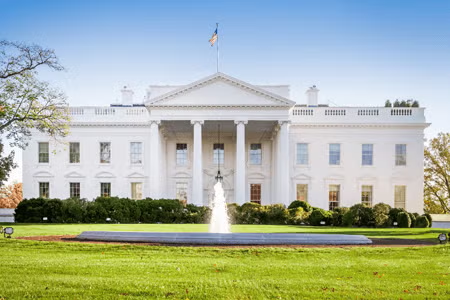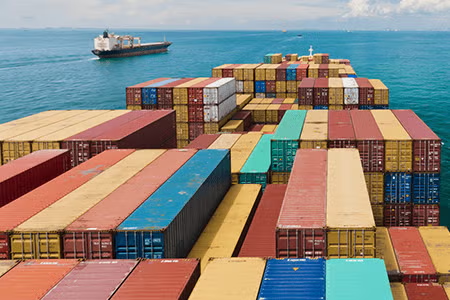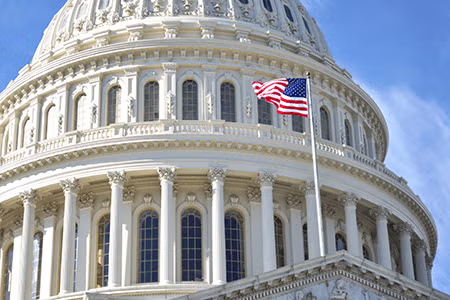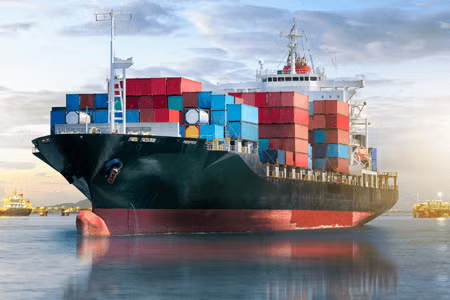Tariffs are taxes on imported goods that artificially increase the cost of purchasing those goods. The importing company almost always pays the tariff – if it can afford it.
U.S.-imposed tariffs hurt the U.S. chemicals industry by cutting companies off from critical materials and inputs to manufacturing that may be unavailable or cost-prohibitive to produce in the United States.
Retaliatory tariffs by other countries also hurt U.S. chemicals manufacturing by artificially raising the price of our products in the global marketplace, causing demand to sag for U.S.-produced chemistries.
Overall, tariffs can disrupt globally integrated supply chains and create uncertainty for firms that would otherwise be eager to invest in the United States.
To begin the process of tariff review and elimination, the U.S. chemicals industry is urging the Biden Administration to:
- Launch a U.S. International Trade Commission (USITC) or Government Accountability Office (GAO) study on the impact of additional tariffs – under Section 301, Section 232, and Section 201 – on the U.S. economy;
- Pursue common-sense reform of Section 301 and Section 232 to make their use more transparent, more strategic, and less burdensome on critical industries that use imports to enhance their competitiveness;
- Seek concessions from trading partners or alternative approaches to addressing problems that would enable full repeal of Section 301 and Section 232 tariffs;
- Exclude products from the Section 301 tariffs if those products also receive MFN duty suspensions or reductions under the Miscellaneous Tariff Bill (MTB);
- Suspend MFN and Section 301 tariffs on COVID-19 essential goods and input as identified by the USITC;
- Pursue full reauthorization of MTB with retroactivity as well as renewal of the Generalized System of Preferences (GSP);
- Eliminate tariffs on chemicals that support the manufacturing of goods essential to combating climate change and addressing other sustainable development goals (e.g., clean water, energy efficiency, food safety, and food security); and
- Avoid imposing further additional tariffs on imports of chemicals, and avoid inviting retaliation by U.S. trading partners on U.S. exports of chemicals.






